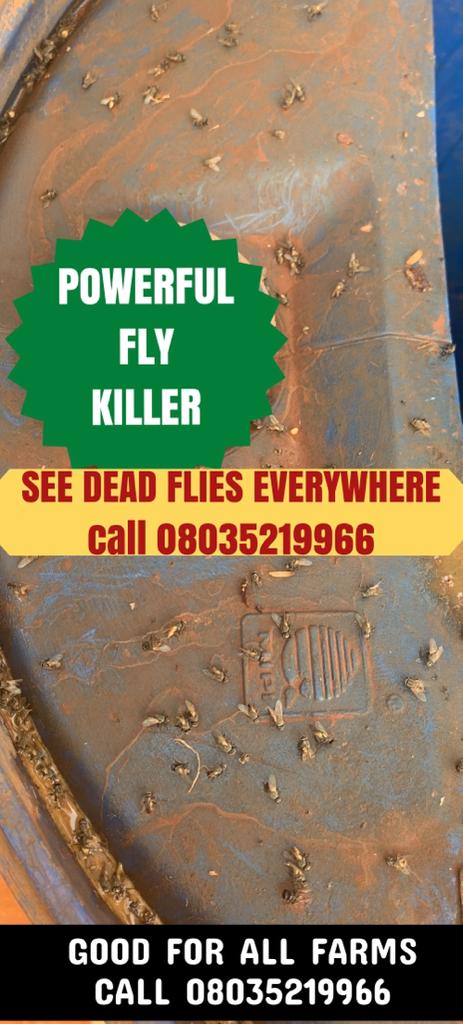The best way to manage parasitic diseases of sheep and goats
Managing parasitic diseases in sheep and goats is crucial for the health and productivity of your flock. Here are the details on the best ways to manage parasitic diseases in these animals:
 Learn More
Learn More1. Pasture Management:
a. Rotational Grazing: Implement a rotational grazing system to reduce the risk of reinfection with parasites. This practice helps break the life cycle of many parasites and limits exposure to contaminated pastures.
b. Resting Pastures: Allow pastures to rest between grazing to reduce parasite populations naturally.
c. Fecal Egg Counts: Periodically perform fecal egg counts to assess the level of parasitic infection in your flock. This helps in determining the need for deworming and assessing the effectiveness of your management strategies.
2. Quarantine and Biosecurity:
a. Isolate New Animals: Quarantine new animals for a minimum of 21 days before introducing them to your existing flock. This helps prevent the introduction of parasites.
b. Minimize Contact: Limit the interaction between your flock and other potentially infected animals, including wildlife.
3. Deworming and Medication:
a. Consult a Veterinarian: Work with a veterinarian to develop a deworming program tailored to your specific farm conditions and the types of parasites you are dealing with.
b. Targeted Deworming: Implement selective or targeted deworming based on fecal egg counts, avoiding unnecessary medication use.

c. Follow Withdrawal Periods: Adhere to withdrawal periods to ensure that meat and milk are free of medication residues when harvested for consumption.
d. Dewormer Rotation: Rotate between different classes of dewormers to prevent the development of resistance in parasites.
4. Grazing Management:
a. Maintain Adequate Nutrition: Ensure that your sheep and goats receive a balanced diet to support their immune system and overall health, reducing their susceptibility to parasites.
b. Provide Clean Water: Offer clean and uncontaminated water sources to minimize the risk of parasitic infection.
5. Genetic Selection:
Breeding for parasite resistance can be a long-term strategy to reduce the impact of parasitic diseases in your flock. Select animals with demonstrated resistance to parasites.
6. Housing and Shelter:
a. Maintain Dry and Clean Housing: Ensure that shelters and bedding remain dry and clean to reduce the risk of parasites in confined spaces.
b. Elevated Platforms: In some cases, providing elevated platforms for goats can reduce their exposure to parasites in the lower parts of the barn.
READ ALSO How to delegate effectively for successful rabbits farming business
7. Record-Keeping:
Keep detailed records of deworming schedules, fecal egg counts, and any health issues observed in your flock. This information is invaluable for tracking the effectiveness of your management practices.
8. Education:
Stay informed about the latest research and best practices in small ruminant parasitology. Continuously seek advice from veterinarians and experts in sheep and goat health.
The approach to managing parasitic diseases in sheep and goats may vary depending on the specific parasite and local conditions. Consult with a veterinarian or sheep and goat health specialist to develop a customized management plan for your flock.
🧩CREATED BY DR JOSEPH DEJI-FOLUTILE















